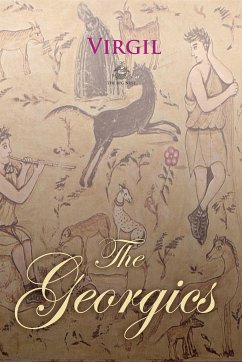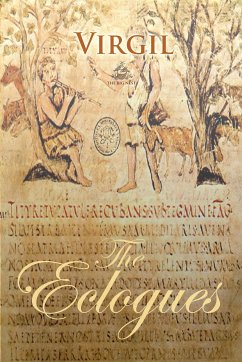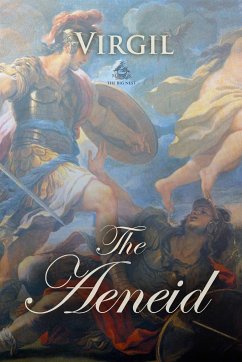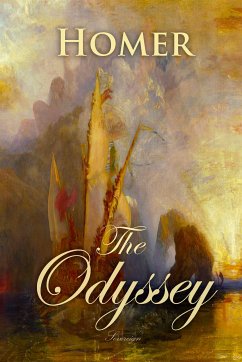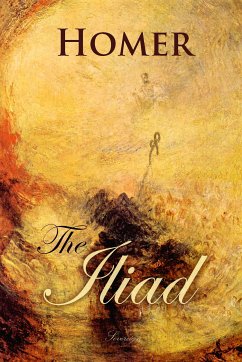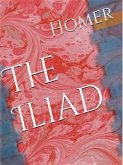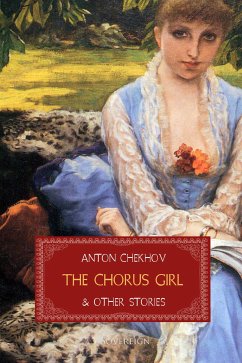Virgil was born to a farming family, and his poetic work named The Georgics comes as close to his heart as it possibly can. He dedicated this work to the land, the farming communities and the issues surrounding complex relationships and political situation of the time. Virgil's love for the earth and everything that grows and lives there makes this poem one of his most expressive and passionate.
Dieser Download kann aus rechtlichen Gründen nur mit Rechnungsadresse in A, B, BG, CY, CZ, D, DK, EW, E, FIN, F, GR, HR, H, IRL, I, LT, L, LR, M, NL, PL, P, R, S, SLO, SK ausgeliefert werden.

